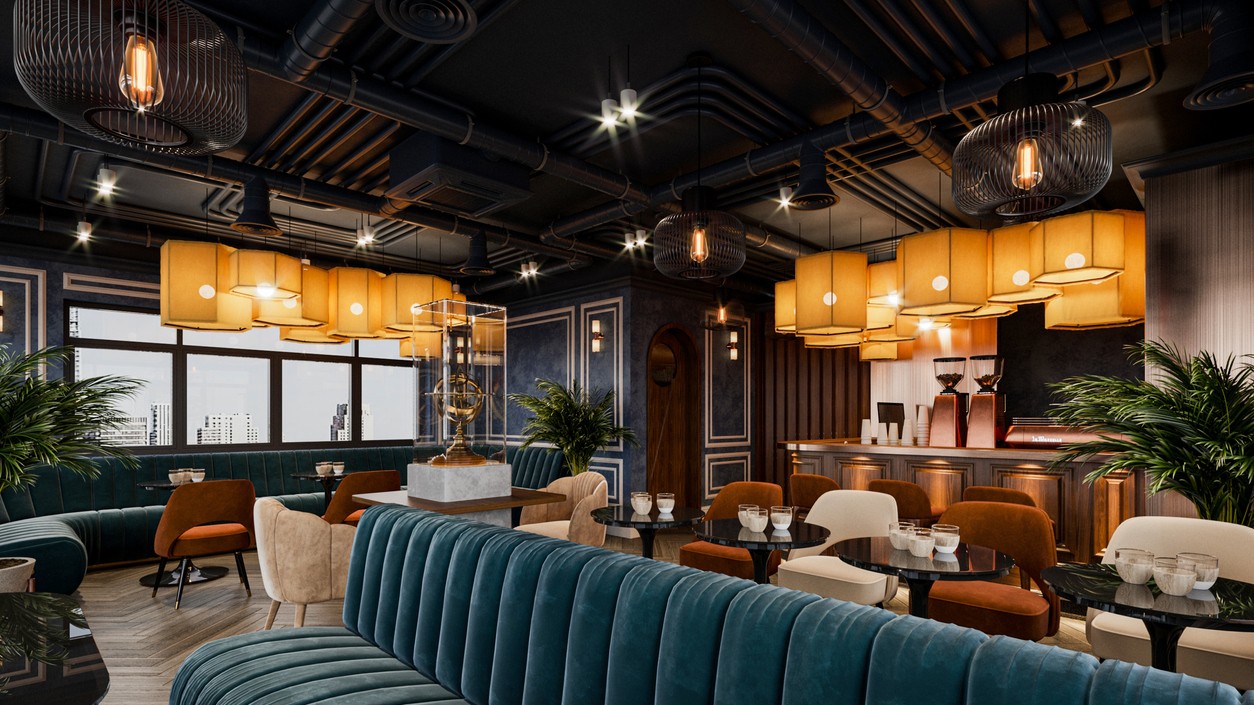
Chamberlains of London – Maido Reigns as 2025’s Best Restaurant after topping The World’s 50 Best Restaurants list. The announcement brought Lima back into the global spotlight, not only as a travel destination but as a culinary capital. Led by chef Mitsuharu Micha Tsumura, Maido’s fusion of Japanese precision with bold Peruvian ingredients has created a unique language of flavor. This recognition signals more than a win for one restaurant. It affirms the rise of Peruvian gastronomy and its place on the world stage. Visitors from around the globe continue to seek the Maido experience not only for its food but also for the cultural storytelling behind each dish. The award serves as a celebration of heritage, creativity and consistency. As chefs look to push boundaries, Maido reminds the world that excellence can grow from local roots. The restaurant’s victory symbolizes a larger movement in the global culinary landscape.
Maido Reigns as 2025’s Best Restaurant by highlighting Peru’s rich culinary history. The foundation of its cuisine comes from native ingredients like ají amarillo, choclo and potatoes in hundreds of varieties. These elements are reinterpreted at Maido through Japanese techniques that reflect chef Micha’s Nikkei heritage. What emerges is not a compromise but a fusion where both traditions are honored. The restaurant uses seafood caught off Peru’s Pacific coast and pairs it with subtle Japanese broths and cuts. The results are plates that speak of both mountain and ocean, ancestry and innovation. Tourists, food critics and local diners have found something universal in this approach. By winning the title, Maido validated Peru’s role in influencing contemporary cuisine. Culinary schools across Latin America are taking note, with Peru becoming a benchmark for regional food evolution. Through Maido, Peruvian flavor has found a new global vocabulary that bridges cultures and generations.
“Read about: Savory Meets Sweet: The Rise of Gourmet Doughnuts in London and Cardiff”
Behind Maido’s success is the vision of chef Mitsuharu Micha Tsumura, whose leadership has set a new culinary benchmark. He believes that food must tell a story and that each course is a chapter in a cultural dialogue. At Maido, menus are structured not only by taste but by identity. Guests begin with marine flavors then explore earthy Amazonian undertones before ending on refined sweetness.
Micha spent years refining this progression. His team collaborates closely with local farmers and fishers, ensuring sustainable harvests that reflect the land’s true character. The staff undergoes rigorous training, and they deliver service with both clarity and warmth. Micha’s kitchen fosters the growth of young chefs and encourages constant innovation. The recent victory places Maido in the spotlight while also underscoring Micha’s strong leadership. His philosophy builds culinary excellence through deliberate choices, consistent effort, and deep respect for the process.
The recognition of Maido as the world’s best restaurant elevates Peruvian cuisine beyond borders. Food lovers are now turning their attention to Lima not as a detour but as a destination. Dishes like causa, tiradito and leche de tigre are being reimagined globally. Chefs from New York to Tokyo have begun incorporating Peruvian elements into their own menus. Maido’s triumph brings with it both pride and responsibility. The restaurant serves as an ambassador for local producers and a reminder that great cuisine depends on great sourcing. Tourism boards are already noting increased bookings to Peru, especially among travelers seeking gastronomic experiences. Beyond food, the award encourages broader cultural exchange. Visitors arrive with curiosity and leave with a deeper understanding of the country’s layers. As Maido reigns in the world of fine dining, it also opens doors for other Peruvian establishments to shine on an international level.
“Read more: Human Trafficking Thrives Where Policies Fail, Says GRETA’s 2024 Review”
As Maido Reigns as 2025’s Best Restaurant, its impact on future culinary trends is undeniable. The win signals a growing appetite for cross-cultural exploration in cuisine. Restaurants worldwide may look more seriously at fusion not as novelty but as narrative. With sustainability becoming urgent, Maido’s local-first sourcing and minimal waste philosophy offer a model others may follow. The success also shows that fine dining can be deeply personal yet globally relevant.
Younger chefs are increasingly interested in telling their own stories through food, using regional identity as their foundation. Culinary schools might now include courses inspired by Maido’s approach to storytelling through technique. Investors and hospitality leaders will likely turn their eyes to Latin America in search of the next culinary hotspot. With the spotlight shining on Peru, new generations are empowered to innovate without losing sight of their roots. Maido has set the table for a more inclusive and diverse culinary future.